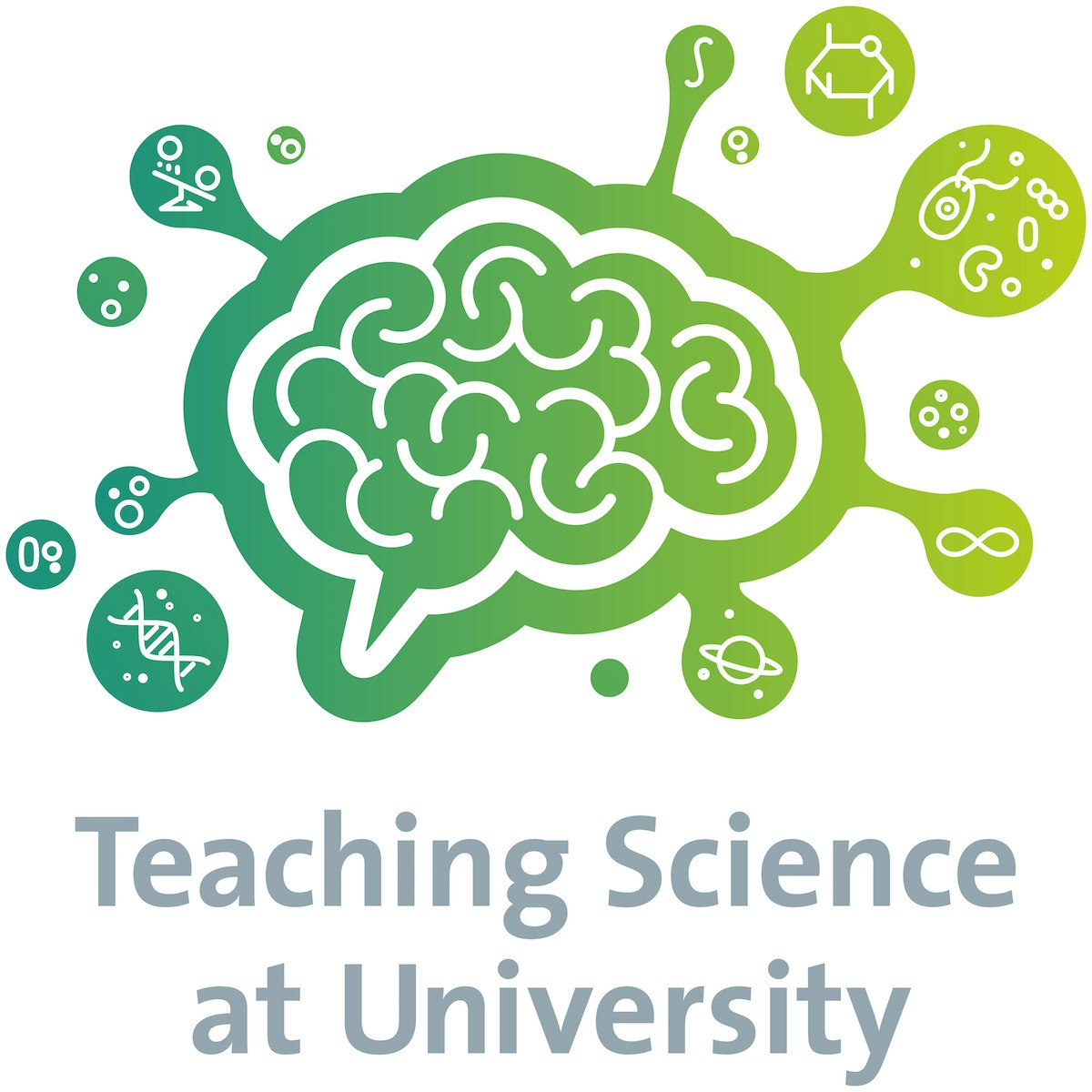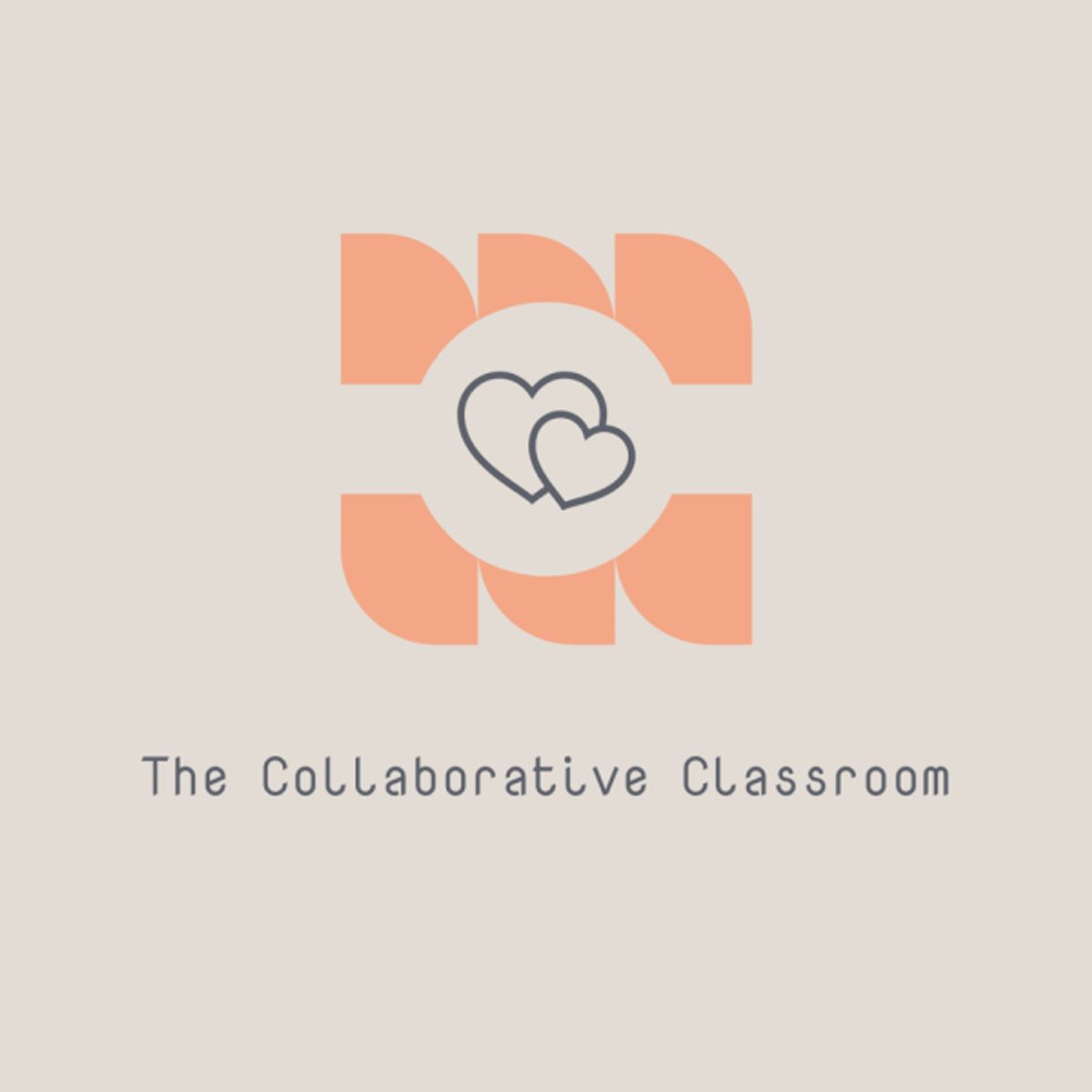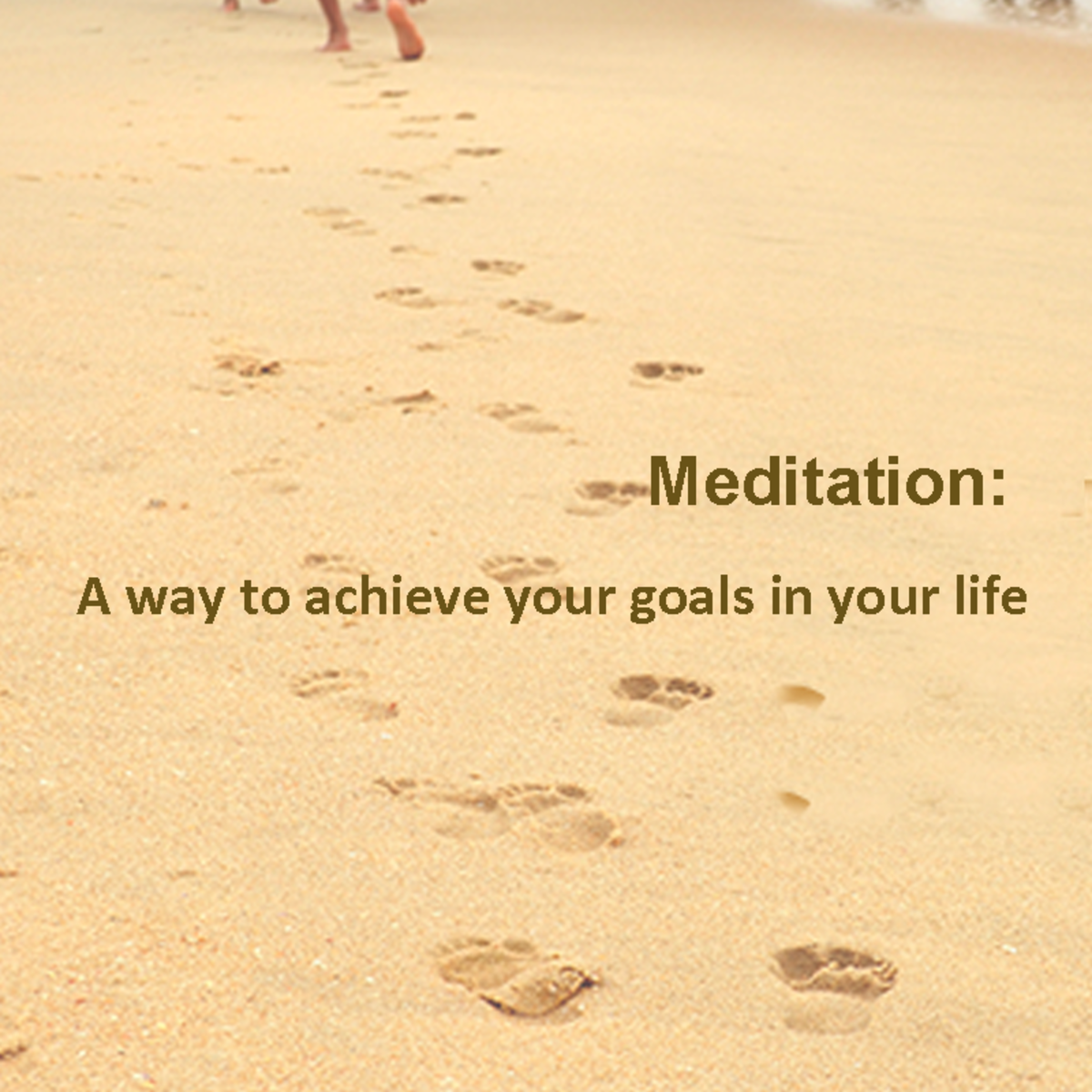Back to Courses









Personal Development Courses - Page 47
Showing results 461-470 of 514

Self Awareness and the Effective Leader
Part of being an effective leader is learning how to play to your strengths and overcome characteristics that don't lend to good leadership practices. During the course, you will examine your own strengths and learn ways to use them in a leadership role. Learn to manage stress and solve problems creatively. Throughout the course, you will also build a tool kit of useful techniques that you can begin using right away in your engineering career.
This course is designed for engineers who are interested in and have the desire to advance into leadership and management roles. You don't need any leadership experience to do well in this course. We ask you to reflect on your personal experiences pretty often, so some work experience will help you in that aspect, but we hope that most of what you learn here will be applicable to many areas of your life.
Looking to advance even further as an engineering manager & leader for Industry 4.0? Rice University's top-ranked School of Engineering now offers a Master of Engineering Management & Leadership, 100% online for your convenience. Visit www.rice.edu/engineeringleaders to learn more.

Lessons on Wisdom: Personal Leadership for Your Life
Lessons on Wisdom: Personal Leadership for Your Life is the culmination of four decades of studying and sharing about leaders and life for Professor Sydney Finkelstein. This course will teach you how to be a wise leader both personally and professionally. It is a personal, meaningful course that encourages all participants to change and grow. In it, you will be asked to think differently about who you are and what you do, so that you can take charge of your own life. By understanding nuance and paradox, by learning who you are as an individual, you will find yourself a wiser—and perhaps even happier—person.

Verb Tenses and Passives
This is the first course in the Learn English: Advanced Grammar and Punctuation specialty. In this course, you will review the verb tenses that you learned in beginning English classes and learn about a few tenses you may not know very well. In all, you'll cover all 12 of the English verb tenses and passive verb forms. Most importantly, you'll learn how to blend these tenses, which is what native speakers frequently do. This course is vital to your becoming a more fluent English speaker.
Please note that the free version of this class gives you access to all of the instructional videos and handouts. The peer feedback and quizzes are only available in the paid version.

Teaching Science at University
This course will prepare you for teaching science in higher education. In this MOOC you will learn to make your knowledge as an excellent researcher accessible to your students. We will show you how to communicate science to novices as well as advanced students in science. You will experience the value of teaching with analogies and you will be guided to train your students' competences. Based on up-to-date findings from research into teaching and learning science you will be able to
- implement evidence-based strategies into your own teaching,
- use students everyday-conceptions for the development of courses,
- prepare analogies and models to teach in your field,
- implement problem-based teaching,
- set up for experiments and teach the nature of science.
This course enables you to teach abstract science topics to your students and make them become active and successful learners. The course is based on lectures (videos), handouts (knowledge-to practice briefs), which supplement the knowledge taught in the lectures and assignments to implement the teaching strategies into your own practice.

Establishing Team Purpose
Welcome to Leading StandOut Teams: Establishing Team Purpose.
This course will help you craft your story and learn how to get even better at telling stories about purpose that will have a profound impact on your team. Then, we’re going to talk about rituals for keeping your team connected. Last, we will explore what celebration looks like at your company and on your team, and how your team responds to it.
By the end of the course, you will be able to:
- Create and explain in a story-telling format your “Purpose Story.”
- Describe the importance of team connections and successfully implement ways to make these connections productive and meaningful.
- Design a story-telling format for your “Purpose Story."
- Define storytelling and tips to help you share a more compelling story.
- Identify challenges, choices, and outcomes in crafting a compelling story.
- Apply strengths to your story and construct a final draft.
- Compare and contrast rituals vs. Routines.
- Identify what celebration looks like at your company and determine how to reward the right behaviors for more of the same.
Modules Include:
One: Creating Compelling Stories. Craft your story and learn how to get even better at telling stories about purpose — what we’ll call “Purpose Stories” — that will have a profound impact on your team.
Two: Keeping the Team Connected. Learn rituals for keeping your team connected, what are rituals, why connecting with the team (and the team members connecting with each other) is important, and how you can make connections productive and meaningful.
Three: Celebrating People. Explore what celebration looks like at your company and on your team, and how your team responds to it. Look at how to reward productive behaviors and the impact that doing so can have on your employees, teams, and even your organization.
This is a beginner's course, intended for team leaders with an interest in Leading StandOut Teams. It includes lecture videos by StandOut Strengths Coaches, practice quizzes, graded quizzes, peer-reviewed assignments, discussion prompts, and activity guides to facilitate ongoing learning and provide a structure to make sense of learning so that it can be embedded into real change.
To succeed in this course, you should be willing to self-reflect and open to shifting perspectives. Making the effort will result in a positive and fulfilling response.

Create Engaging Presentations with Easelly
By the end of this project, you will have created an engaging infographic to share learning material with your students. You will be fully confident in how to use Easelly to create and modify infographics, equipping you to use Easelly with students in order to provide technology and presentation tools for student success. If you are looking for a user friendly tool that will result in professional looking products - Easelly is for you. Let’s get started and create incredible content together!
*You will need a free Easelly account for this project.

Meditation: A way to achieve your goals in your life
Do we truly think that we have lived for ourselves? Perhaps we have lived for money, love, fame, family and pride etc.? Therefore, we don’t seem to be satisfied even though we are full of those things. It is because that we don’t know ourselves.
Eric Fromm talked about human nature as two modes of being: “To Have” and “To Be”. If we are “Having” the nature of possessions, we are not satisfied, and feel empty and futile. Then, how can we be “Being” the nature of our inner-selves?
Sometimes, we happened to be aware of this “Being” nature and try to change ourselves, but fail. But, because of our daily routines, it’s easily forgotten. And more it is hard to escape from our unwanted minds controlling us.
From now on, let us reflect on ourselves and look at our minds leading up to today! Don’t we achieve our goals after knowing ourselves? And let us find the “Being” nature of our original selves after escaping from the minds restraining and controlling us.
In this lecture, the definition and principle of the mind are explained in simple and clear ways. You can make sure and practice the methodology of finding the true original mind of inner-self by escaping from the false mind of possession.
Self-reflection is the first step to meditate. You can know yourselves most objectively through meditation and you will realize that all the thoughts and actions are due to your minds which are nonexistent and false. If you throw away the false mind, you will find the true mind.
Meditation is now world-wide sensation. There are many research reports that show people can be leaders if you have a habit of self-reflection through meditation. Now meditation at school and the workplace are popular.
Happiness is having no worries. You can really relax yourself if there is no bundle of thoughts and you can be successful when you know yourself truly. Worries come from the memorized thoughts of the false mind. Your inner potential of positive power are revealed, your peaceful and happiest mind will be in your mind, and you can live the life you wanted through meditation.
This method of meditation is very practical and everybody can follow the methodology. As an engineer, I will guide you step by step to practice this meditation. I am sure that this lecture becomes a turning point in your life.

Accomplishment STAR Techniques for Job Interviews
You will create a compelling Accomplishment STAR Technique for Job Interviews. The STAR Technique will help you stand out greatly from the competition.
A compelling Accomplishment STAR Technique will play a significant role to help you tell stories of how YOU solve problems; showcase your team building or leadership skills, as well as help the hiring manager see that you can do the job the company is advertising for.

Intellectual Humility: Practice
We live in a polarised world where all too often people talk past each other. But do you know when to believe what others say? For example, how quick should we be to accept something that someone else tells us is true, and what should we be looking out for when assessing a person's trustworthiness? Meanwhile, what should we do when we encounter disagreements with people who seem to be our equals? How and when should we adjust our beliefs, and how does the appropriate response vary depending on the evidence? These challenges may be especially important in the arena of religious disagreements. How should we weigh the evidence for and against various theistic and atheistic stances?
Experts in psychology, philosophy, theology and education are conducting exciting new research on these questions, and the results have important, real-world applications. Faced with difficult questions people often tend to dismiss and marginalize dissent. Political and moral disagreements can be incredibly polarizing, and sometimes even dangerous. And whether it’s Christian fundamentalism, Islamic extremism, or militant atheism, religious dialogue remains tinted by arrogance, dogma, and ignorance. The world needs more people who are sensitive to reasons both for and against their beliefs, and are willing to consider the possibility that their political, religious and moral beliefs might be mistaken. The world needs more intellectual humility.
In this course. we will examine the following major questions about applied issues surrounding intellectual humility:
• Should you believe what people say?
• How should we handle disagreement?
• What is the role of evidence in resolving religious disagreements?
All lectures are delivered by leading specialists, and the course is organised around a number of interesting readings and practical assignments which will help you address issues related to humility in your daily life.
This course can be taken as a part of a series which explores the theory, the science and the applied issues surrounding intellectual humility. Before, we considered how to define and measure intellectual humility, what intellectual virtue is, whether we are born or can become humble, and what cognition and emotions can tell us about intellectual humility. If you are interested, complete all three courses to gain a broader understanding of this fascinating topic. Look for:
• Intellectual Humility: Theory - https://www.coursera.org/learn/intellectual-humility-theory
• Intellectual Humility: Science - https://www.coursera.org/learn/intellectual-humility-science
Check out our trailer to hear more - https://youtu.be/x_CWjrYxKZU.

Print and Digital Elements of Design: Branding and User Experience
Graphic design projects can be delivered in either a printed format or a digital format, or both. This course will look at how to work with creative professionals to get the ideal usage out of a design to use in print medium such as logos, brochures and larger printed projects that will also carry over as seamlessly as possible into the digital realm of websites and social media. We will also cover the user experience and how to keep the end result in mind when working on creative endeavors.
Popular Internships and Jobs by Categories
Find Jobs & Internships
Browse
© 2024 BoostGrad | All rights reserved